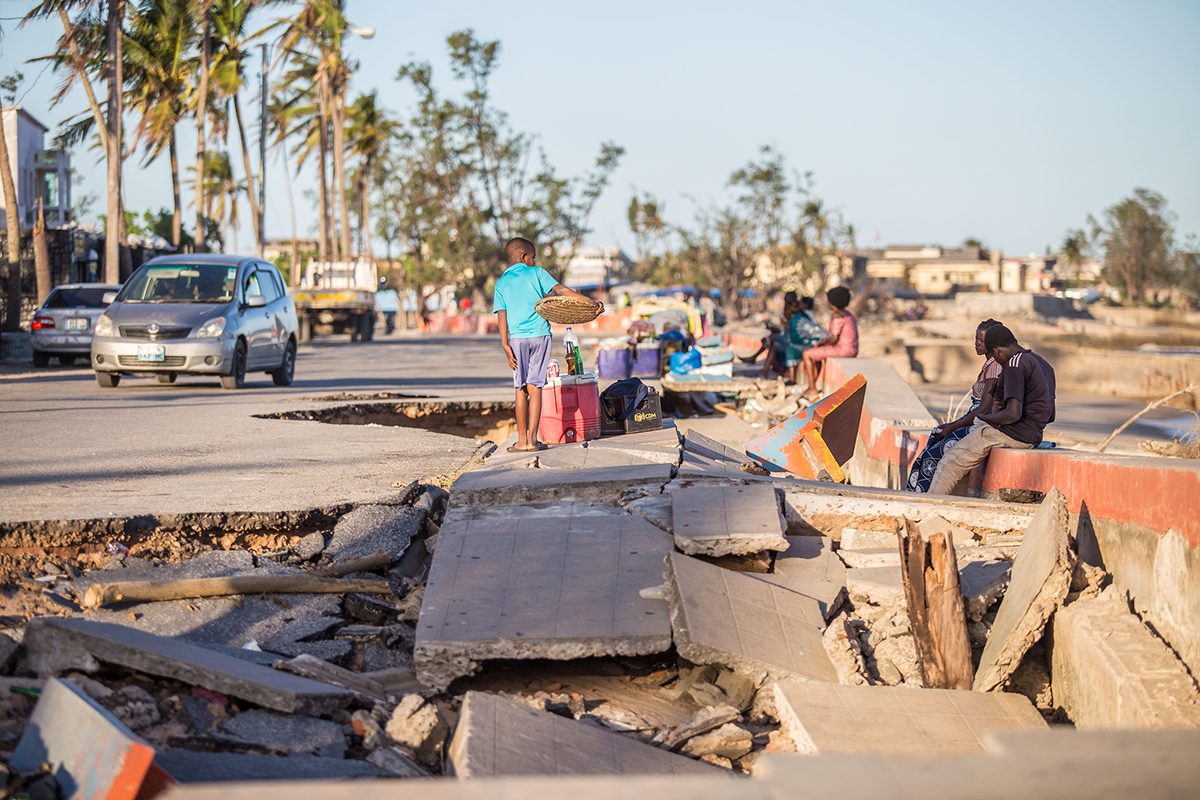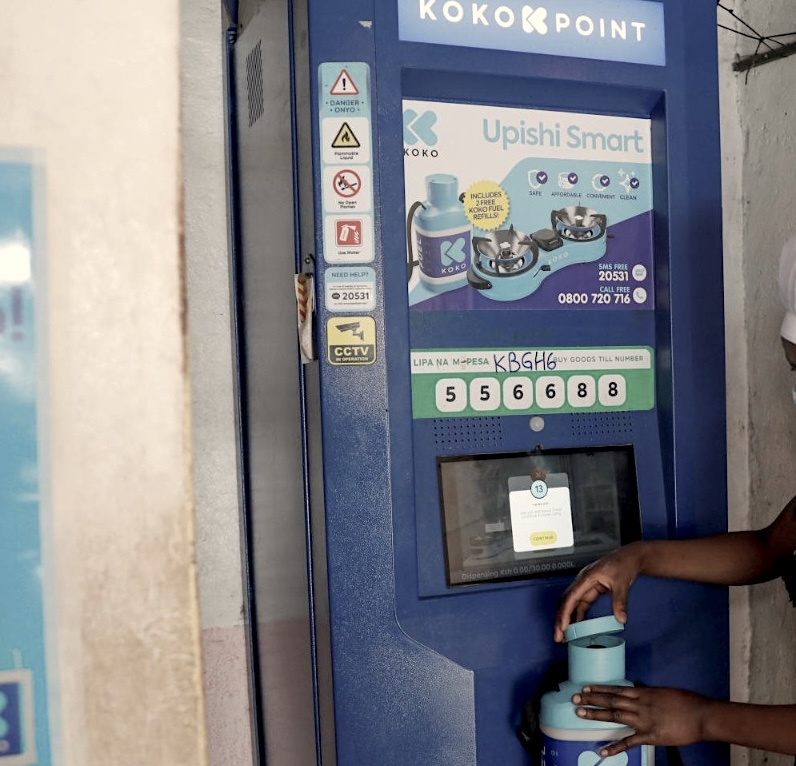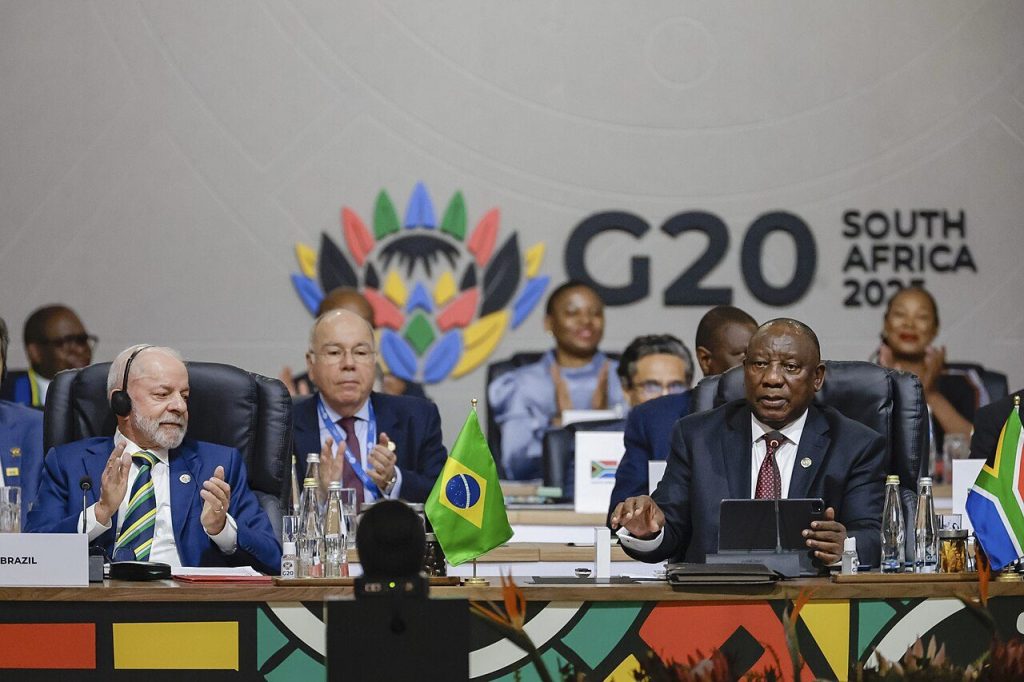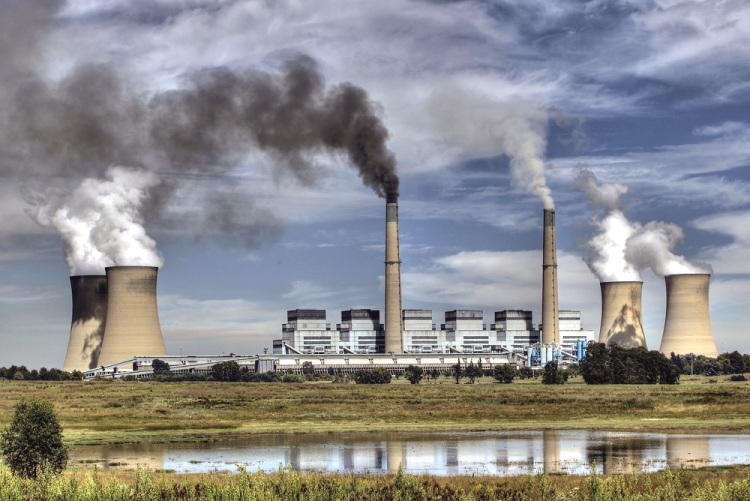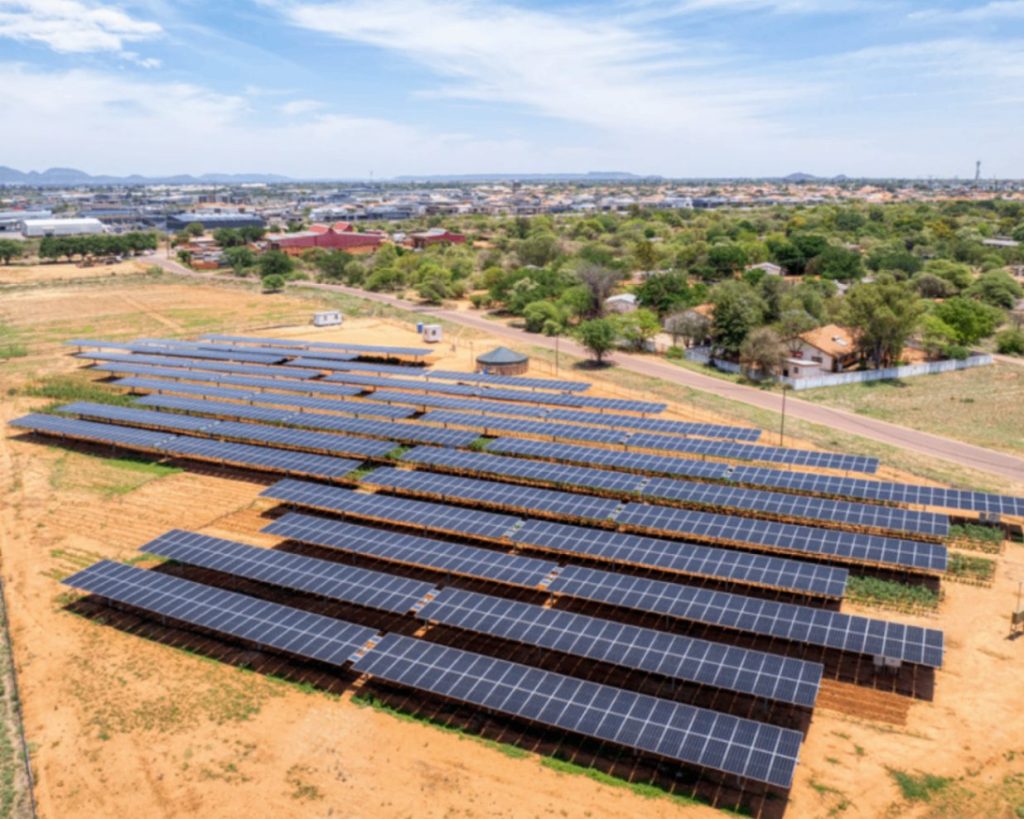The UN Human Rights Council (UNHRC) is well known for its findings and resolutions on the interlinkages between human right, climate change and the environment more broadly. In its most recent resolution adopted in July 2022, it acknowledges that climate change poses a major threat to the enjoyment of human rights and fundamental freedoms, and calls on States to urgently address its adverse consequences as part of their human rights obligations. Importantly, the resolution expressly recognises the necessity of averting, minimizing and addressing loss and damage associated with the adverse effects of climate change. It also calls for the full operationalisation of the Santiago Network on loss and damage and the “constructive engagement” of Parties to the UNFCCC within the Glasgow Dialogue on loss and damage.
The Glasgow Dialogue was agreed to last year at COP26, in response to a call by the G77 and China for dedicated climate finance for loss and damage. While there was no consensus on this point, parties did agree to a two year dialogue to “discuss the arrangements for the funding of activities to avert, minimize and address loss and damage”, concluding in June 2024. The outcome of an agreed dialogue was deemed a major disappointment at the closing of COP26, with many commentators suggesting that loss and damage might become a make or break issue at COP27 this yer. As Allied for Climate Transformation 2025 have pointed out, it is more than about money, “it about trust between developing countries and the developed world, which goes to the heart of international cooperation on climate action.”
Many regarded the inclusion of a dedicated provision on loss and damage in Article 8 of the Paris Agreement in 2015, as demonstration of loss and damage having become the “third pillar” of the global climate regime. Since then, however, the topic has struggled to gain this prominence in the negotiations, with it often being dealt with as part of adaptation and associated adaptation finance. The UNHRC resolution underscores the ongoing relevance and significance of loss and damage as a standalone item to the climate negotiations and the necessity of meaningful engagement on the question of loss and damage finance. Meaningful engagement on the issue of loss and damage finance is important, mindful of the failed 2018 Suva Expert Dialogue, which had a similar objective of enhancing action and support (including financial support) for responding to loss and damage.
The resolution also is a timely reminder that engagements and debates on loss and damage are increasingly happening outside of the UNFCCC and Paris Agreement. For example, Vanuatu, supported by more than a dozen Pacific countries and territories, including Australia and New Zealand, is preparing a resolution to be tabled at the upcoming UN General Assembly (UNGA) in September 2022. It invites countries to vote on a resolution seeking an advisory opinion at the International Court of Justice (ICJ) that clarifies the obligations of states under international law to protect the rights of present and future generations against the adverse impacts of climate change. Such an opinion, whilst not in itself strictly binding, can be used as a climate justice benchmark for subsequent litigation, notably on the issue of loss and damage. At the 50th Pacific Island Forum Leaders Meeting in July this year, country leaders also acknowledged that while an ICJ opinion would be non-binding, it could change the course of current negotiations and boost commitments.
Vanuatu is now seeking the support of all vulnerable developing countries for the resolution at the upcoming UNGA session. A vote in support of Vanuatu could push the negotiations on loss and damage in either direction. The frustrations felt by many developing countries at this year’s first Glasgow Dialogue, may however tip the scales in favour of more general support to Vanuatu’s position at the UNGA. On the other hand, historically developed countries have been reticent to assume any legal risk associated with loss and damage and a vote could either boost negotiations or undermine the little trust that exists and stall them entirely. African countries are highly vulnerable to the impacts of climate change and are already suffering the consequences of extreme weather events. The African Development Bank has estimated that that the associated losses and damages due to climate change in Africa will range between $289.2 billion to $440.5 billion. The question of dedicated finance, and the need for consensus and support for actions that respond to loss and damage, remains a critical one for the continent to champion at this year’s COP. For these reasons, it will be important not only for African countries to align their positions on the issue, but for these positions to strategically inform their vote at the UN General Assembly in September.

